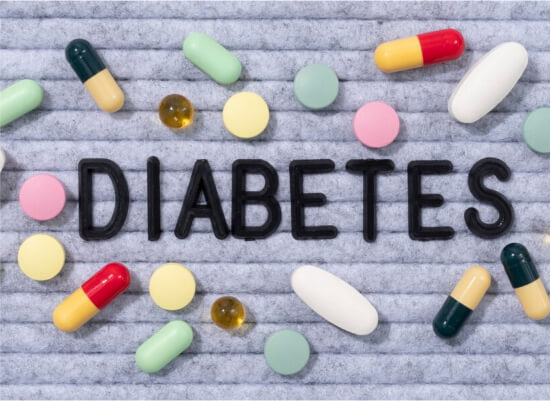Invokana is a popular type 2 diabetes drugs that has been in the hot seat as of late because of reports of numerous cases of diabetic ketoacidosis caused by the drug. Developed and manufactured by Mitsubishi Tanabe Pharma and marketed by Janssen, a subsidiary of Johnson & Johnson, the FDA is warning that Invokana and other similar drugs may cause diabetic ketoacidosis, also known as DKA, diabetic acidosis, metabolic ketoacidosis, or ketoacidosis. Ketoacidosis basically means there is too much acid in the bloodstream, which is extremely dangerous and may result in patients entering into a diabetic coma. There are numerous other serious side effects associated with Invokana, including kidney failure, increased risk of urinary tract infections, bone fractures, other infection, and more.
According to the FDA, Invokana has been associated with a heightened risk of leg and foot amputations, as well. Data from the FDA indicates that 7 in 1,000 patients of Invokana underwent amputations and a growing number of people throughout the United States have developed ketoacidosis after taking the drug. To date, numerous lawsuits have been filed claiming the drug’s manufacturer knew about the possible dangerous side effects of Invokana, yet failed to warn both doctors and consumers. Janssen is currently downplaying the risk of kidney failure, only including a statement that indicates that a “possible side effect” of Invokana is kidney problems. However, dangerous drug lawyers and the FDA have both found that his warning does not adequately address the serious risk of kidney failure or any of the other potential side effects.
What is Invokana?
As mentioned, Invokana is a diuretic that is commonly prescribed in order to treat type 2 diabetes, specifically. Used in conjunction with diet changes and exercise with the intention of lowering blood sugar and improving glycemic control in adults with type 2 diabetes, Invokana may do more harm than good, we are now coming to understand. While there are a handful of problems associated with type 2 diabetes should it go untreated – namely blindness, nerve damage, kidney failure, heart disease, and stroke – the dangers of Invokana are reason for concern.
Dangerous Side Effects of Invokana
There are several less severe side effects associated with Invokana that Janssen has made public, including an increased need to urinate. However, the number of serious side effects linked to Invokana over the last several years is alarming, to say the least. The following severe side effect may occur as a result of taking Invokana:
- Amputations
- Bone fractures
- Diabetic ketoacidosis
- Heart attack
- Infections
- Urosepsis
- Kidney failure
- Stroke
- Urinary tract infections
- Pyelonephritis
Perhaps the most concerning side effect is that of ketoacidosis. In May 2015, the FDA issued a Drug Safety Communication warning that Invokana and other similar SGLT2 inhibitors may cause diabetic ketoacidosis. This is an atypical side effect of type 2 diabetes, which caused the FDA to announce new warnings and investigate the drug’s manufacturer more thoroughly.
Some of the most common symptoms of ketoacidosis include:
- Trouble breathing
- Nausea
- Vomiting
- Abdominal pain
- Confusion
- Fatigue
- Sleepiness
If you have been prescribed Invokana and are experiencing any of the above, we encourage you to contact AMA Law right away. Our dangerous drug attorneys are following these cases closely and are prepared to file a lawsuit against Janssen on your behalf. To learn more about the risks of Invokana and your legal rights, please contact AMA Law today.
